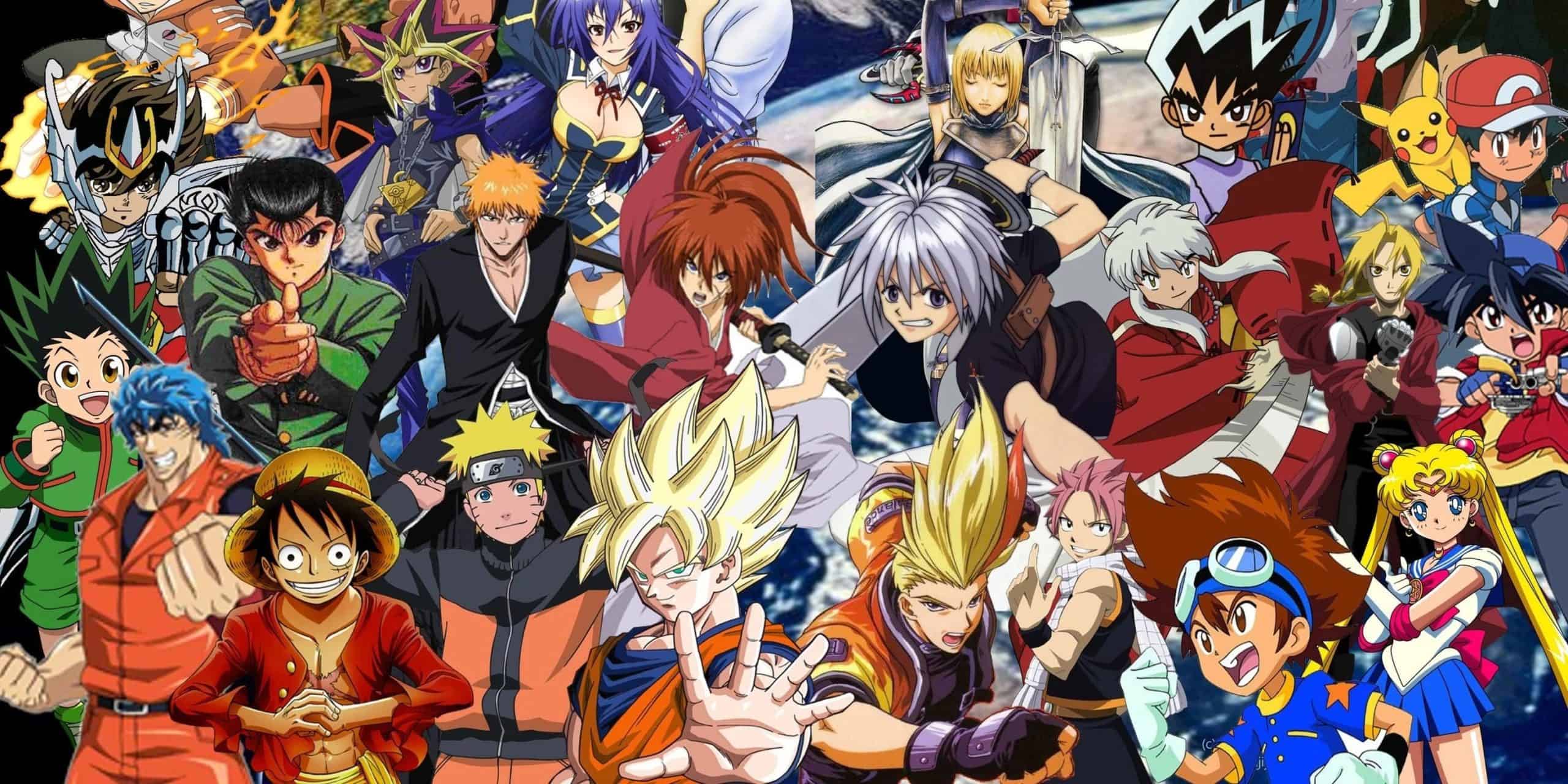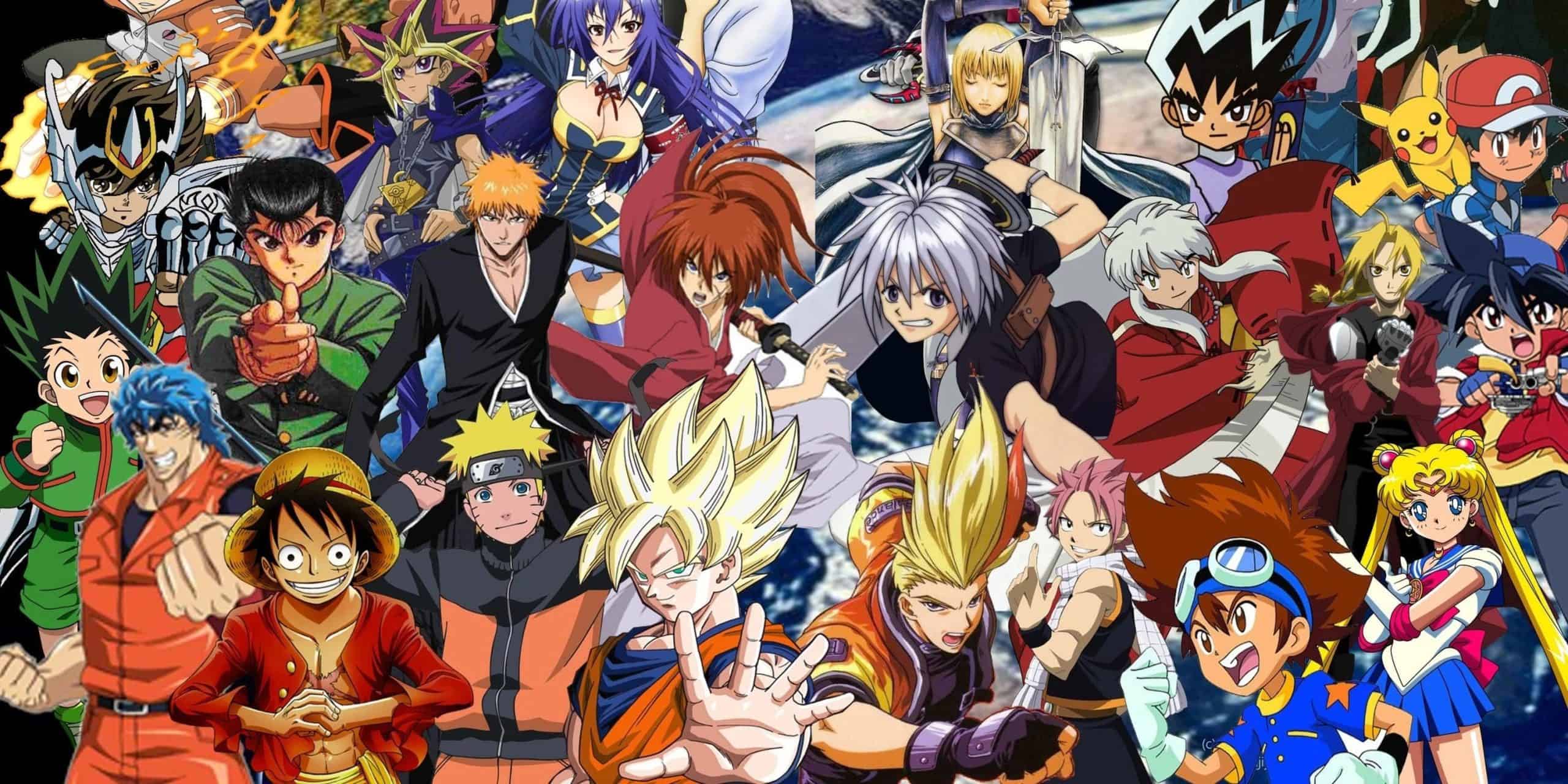
Impact of Anime on Translation Industry
Anime has had a significant impact on the translation industry. Anime's popularity has grown enormously outside of Japan, leading to a higher demand for translation services. People all around the world want to enjoy anime in their own languages, which has created a big need for translators.
Translating anime is not an easy task. It requires a deep understanding of Japanese language, culture, and humor. As a result, specialist translators who know about anime have emerged in the industry.
 Anime is usually translated through subtitles or dubbing. Subtitles show the translated dialogue as text at the bottom of the screen, while dubbing involves re-recording the dialogue in the target language. Both methods require skilled translators and voice actors.
Anime is usually translated through subtitles or dubbing. Subtitles show the translated dialogue as text at the bottom of the screen, while dubbing involves re-recording the dialogue in the target language. Both methods require skilled translators and voice actors.
Before official translations were widely available, fans made unauthorized subtitles (fan subs) and translations (scanlation) to share with others. Although this has faced criticism for copyright issues, it played a role in making anime popular worldwide.
Anime often contains cultural references and wordplay that may not translate well. Translators face the challenge of keeping the original meaning and humor while making it understandable to the audience.
 As the demand for translated anime increased, translation companies started collaborating directly with Japanese studios and distributors. This allows for more accurate and official translations.
As the demand for translated anime increased, translation companies started collaborating directly with Japanese studios and distributors. This allows for more accurate and official translations.
The global popularity of anime has contributed to the growth of the anime industry in Japan and has opened up new opportunities for licensing and distribution deals with international companies.
The spread of anime has also influenced subcultures and internet communities worldwide, introducing Japanese words and phrases into other languages.
Overall, anime's popularity has changed the translation industry, creating new opportunities for translators and changing the way content is localized. It has also influenced language and culture globally.